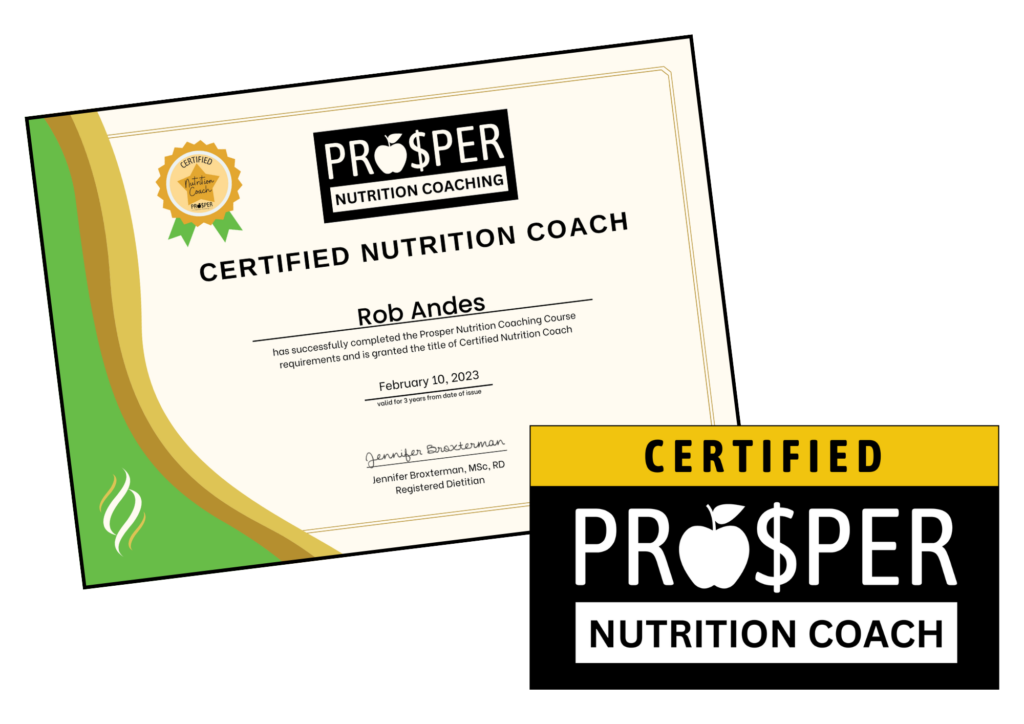

Weight Loss for Athletes (Part 1)
Written By: Jennifer Broxterman, BScH Foods & Nutrition
Registered Dietitian & Sports Nutritionist
NutritionRx (www.nutritionrx.ca)
Email: info@nutritionrx.ca
For many sports, losing weight, and in particular, reducing body fat, can result in serious gains in athletic performance. For some athletes, shedding a few extra pounds means an increase in power-to-weight ratios and less body weight to move over long distances. Other athletes often wish to lose weight in order to compete in a specific weight class or because appearance is an important element of their sport.
The benefits of losing a few pounds of body fat are enticing to any athlete, but as most people know, successful, long-term weight loss is not an easy task. With the wrong approach, performance can suffer, injury and illness may become more frequent, and the scale may not budge despite all of the hard work and sacrificing.
Consider the following before attempting any weight loss:
- Desirable weight loss = fat loss
- Fat loss is desirable only if it leads to improved athletic performance and maintains good health
- Many athletes already at their optimal weight believe they are too fat and sacrifice muscle, strength, health, and performance in attempt to reach an unattainable body weight
- Excessive calorie reduction can result in muscle loss and a slower metabolism
- Rapid weight loss achieved by restricting fluids or promoting excessive sweating is water loss, not fat loss. Dehydration can reduce strength, endurance, concentration, and overall athletic performance, not to mention can become life-threatening if taken to the extreme.
Goals with Weight Loss:
- To reduce body fat.
- To maintain existing muscle mass.
- To provide adequate fuel for training and normal metabolic functions but to create a minor caloric deficit that facilitates slow, maintainable fat loss.
- To maintain a healthy intake of nutrients and fluids.
- To provide a balanced diet that contains a variety of familiar and satisfying foods.
- To maintain a healthy relationship with food, nutrition, exercise, and physical appearance.
Weight Loss Guidelines:
- Timing of Weight Loss: The best time to implement a fat loss regime is during the off-season, well in advance of any major competitions when training demands are less. Trying to cut calories significantly when in-season can lead to chronic fatigue, poor training sessions, a weakened immune system, and a decline in performance if energy needs are not being met and sufficient carbohydrates are not consumed to restore glycogen fuel reserves on a daily basis.

- Have Realistic Expectations: A realistic goal is to lose about 1 lb (0.45kg) of body weight per week. To achieve this, you will have to create a caloric deficit of approximately 500-750 calories per day. If you want to lose 5 lb (2.3 kg), plan on taking about 5 weeks to lose the weight; for an 8 lb weight loss, expect it to take around 8 weeks. Remember, slow and steady wins the race!
- Emphasize a Balanced Diet of High Quality Foods: Ensure that you eat a high carbohydrate, moderate protein, and moderate fat diet by selecting nutrient-dense foods from all four food groups. This will provide plenty of fuel for training.
- Drink Plenty of Fluids, Especially Water: Weight loss from dehydration and/or fluid restriction is not fat loss and is dangerous to health and detrimental to performance.
If you’re trying to lose weight while still actively exercising, you may find it helpful to meet 1-on-1 with a Registered Dietitian and Sports Nutritionist who can help you cut out the unnecessary calories in your diet without sacrificing your athletic performance. Jennifer can help you identify your exact calorie, carbohydrate, protein, and fat requirements to help you lose weight in a healthy and achievable way, and has unique nutrition software to perform a Computerized Diet Analysis of your current eating patterns.
To schedule a one-on-one nutrition consultation with Jennifer, please email info@nutritionrx.ca.
Wishing you health & happiness,
♡ Jen
Jennifer Broxterman, MSc, RD
Registered Dietitian
NutritionRx: happy, healthy living with our team of Registered Dietitians
Prosper Nutrition Coaching: a world-class nutrition coaching certification
+
+
+
Want to work with a NutritionRx Registered Dietitian?
Learn more here: Nutrition Packages & Rates
+
+
+
Want to become a Certified Nutrition Coach?
Learn more about our habits-based Prosper Nutrition Certification




